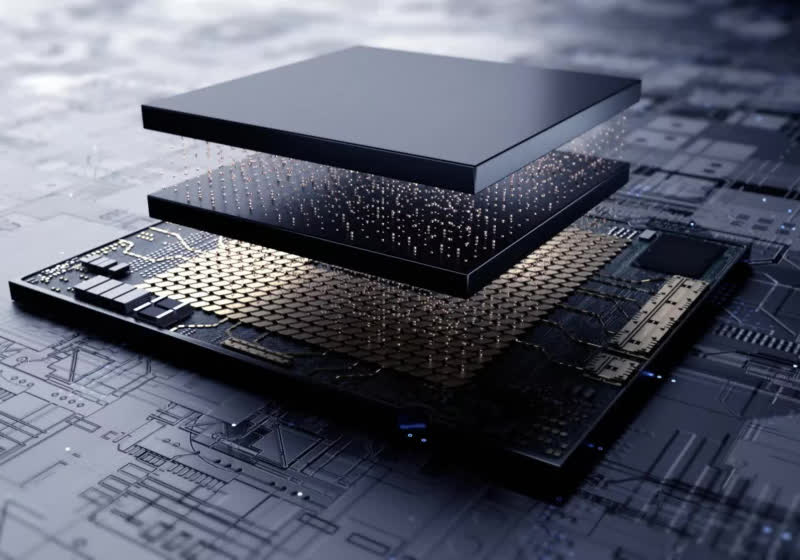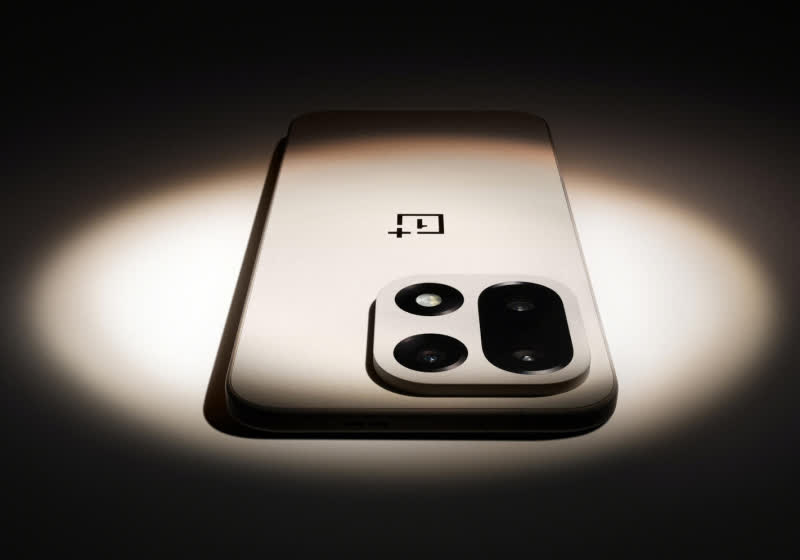Chip companies in South Korea, Taiwan, and China have been raising pay and bonuses as global competition intensifies for a limited pool of chip engineers (June Yoon/Financial Times)
PositiveArtificial Intelligence

- Chip companies in South Korea, Taiwan, and China are increasing salaries and bonuses for chip engineers as competition for a limited talent pool intensifies. This trend reflects the growing demand for skilled professionals in the semiconductor industry, driven by advancements in technology and the need for innovation.
- The rise in compensation is significant for these companies as they strive to attract and retain top talent in a highly competitive market. This move is essential for maintaining their competitive edge and ensuring continued growth in the rapidly evolving tech landscape.
- This development highlights broader industry trends, including the increasing reliance on artificial intelligence and automation, as seen in the growing shipments of AI servers from Taiwan to the US. Additionally, the semiconductor sector faces challenges such as potential trade tensions and the need for collaboration among nations to support technological advancements.
— via World Pulse Now AI Editorial System






